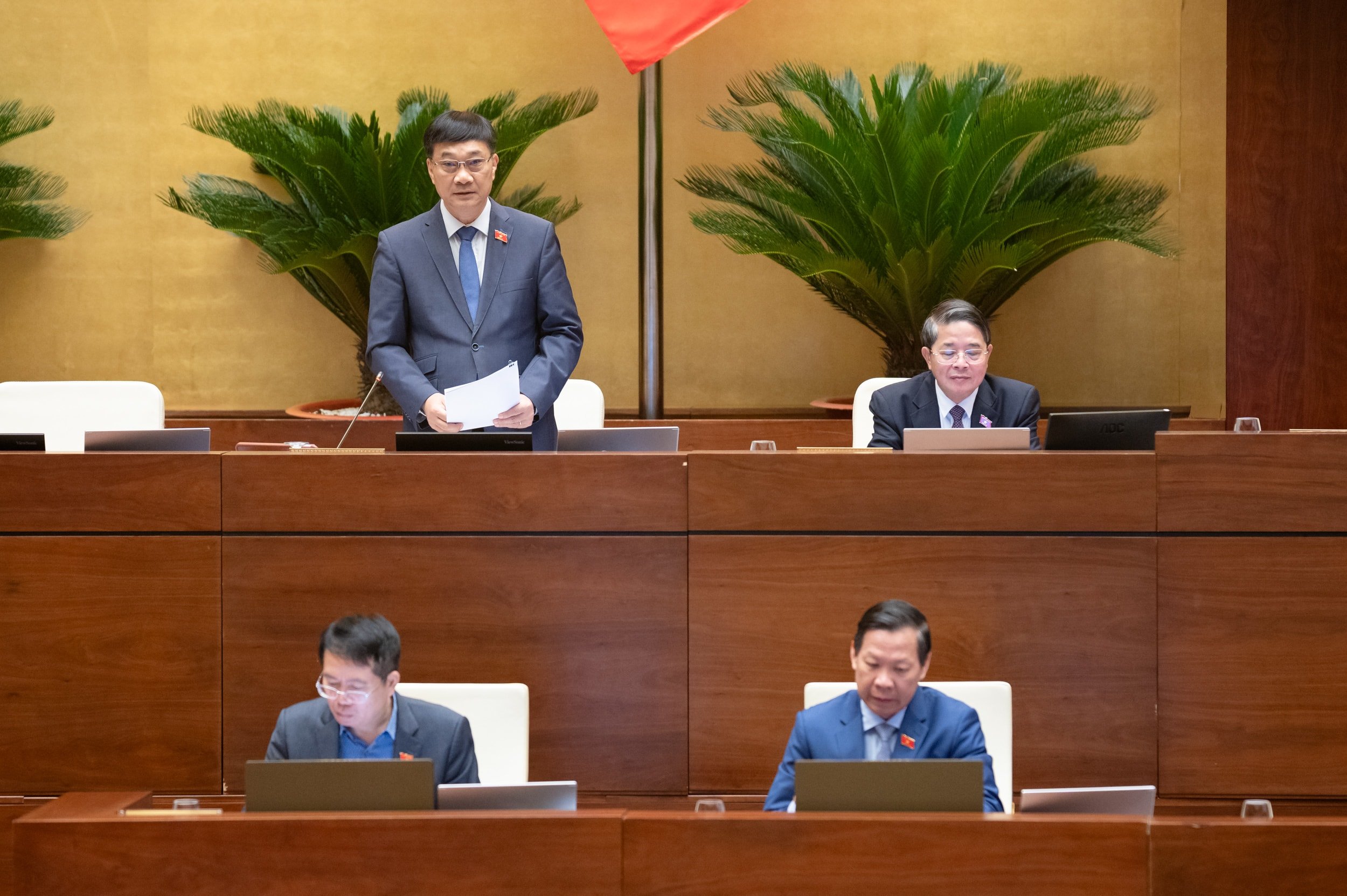
Livestream sellers are not allowed to provide misleading information.
Briefly presenting the Draft Law on E-commerce, Minister of Industry and Trade Nguyen Hong Dien stated that the draft Law is designed to include 7 Chapters and 48 Articles. The draft Law is built not only to overcome existing problems and limitations in management and enforcement practices, but also to play a leading role, paving the way, unlocking social resources, creating a favorable legal corridor for innovation and developing new models.
“In the field of e-commerce, special attention should be paid to the requirements for developing green and sustainable e-commerce, aiming at environmental protection, enhancing social responsibility and promoting digital transformation associated with inclusive development,” the Minister of Industry and Trade emphasized.
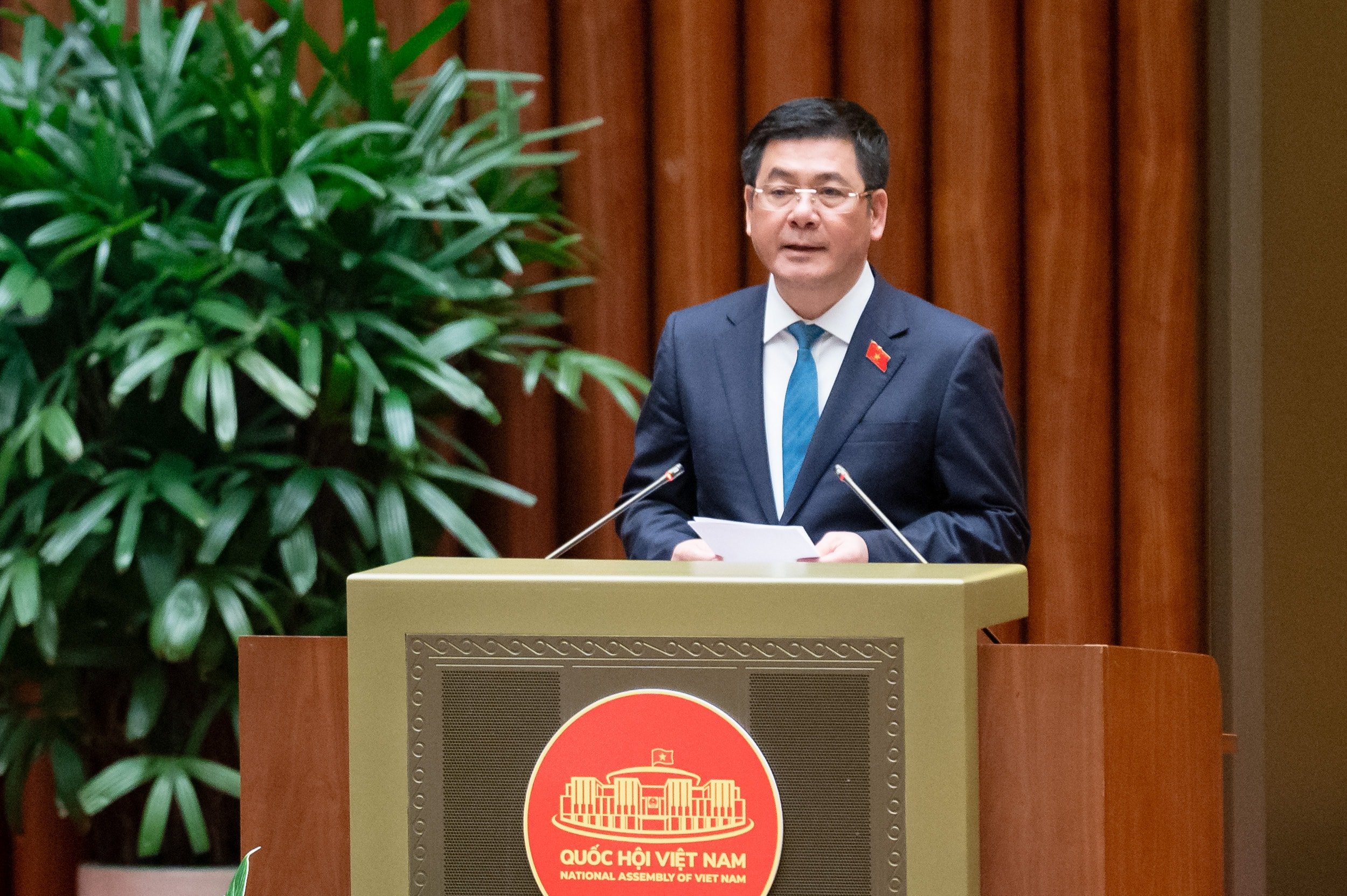
Regarding the types and responsibilities of entities participating in e-commerce activities, the draft Law stipulates four models of e-commerce activities, including: direct business e-commerce platforms; intermediary e-commerce platforms; social networks operating e-commerce; and multi-service integration platforms.
Regarding the common responsibilities of the subjects participating in e-commerce activities, to ensure the implementation of the responsibility of information transparency, the draft Law stipulates that e-commerce platforms must ensure that the following information is publicly and transparently announced: about the owner; about the seller - a new point compared to the Decree, must display information of the seller; about goods and services. At the same time, it is necessary to publicly announce the basic content of the conditions of operation on the e-commerce platform, including the rights and obligations of the parties, delivery and payment policies, mechanisms for receiving and handling feedback and complaints...
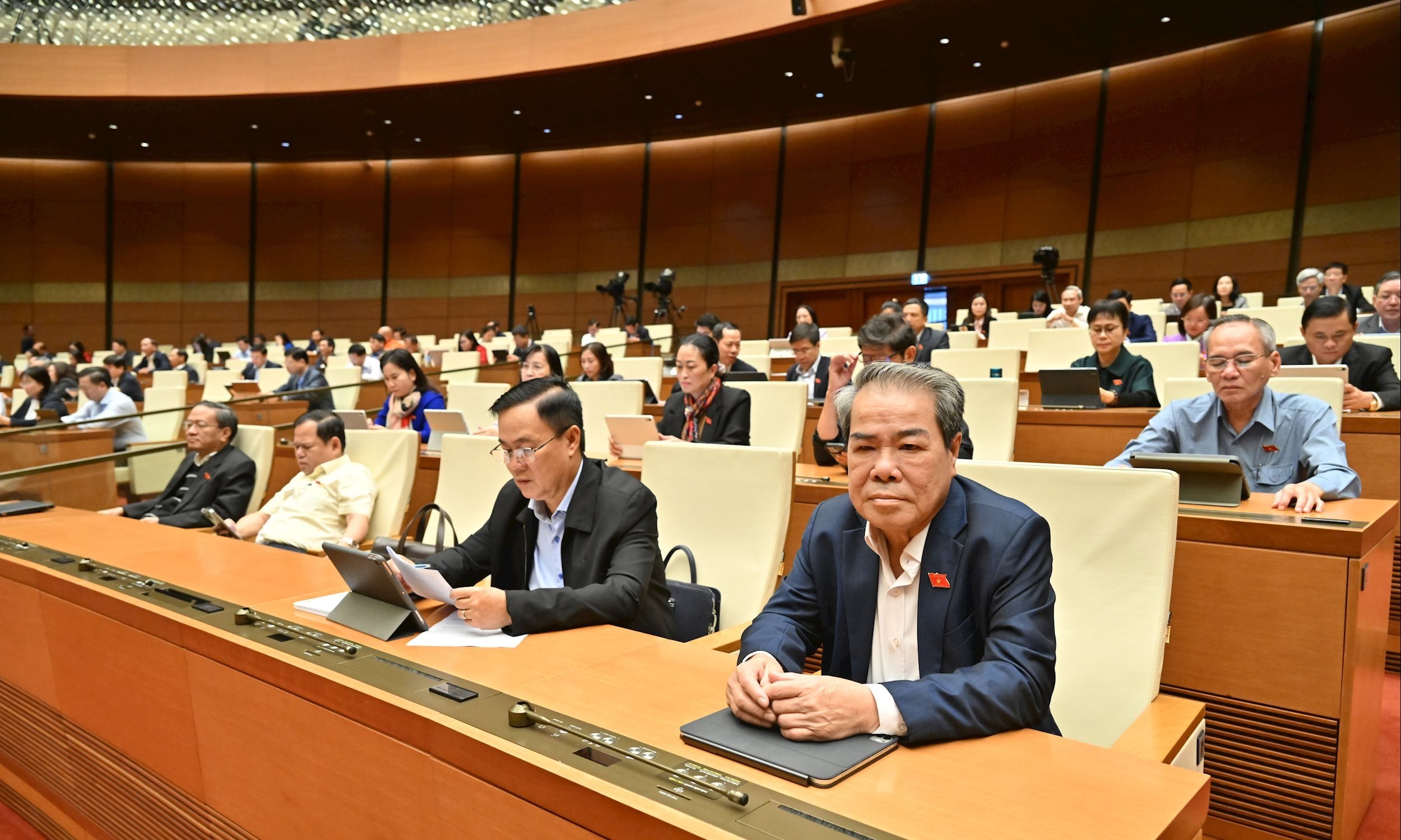
In addition, entities participating in e-commerce activities are also responsible for reporting online periodically through the e-commerce management platform or at the request of competent state management agencies. In the case of large digital platforms, online reporting on removal results must be carried out in real time through the e-commerce management platform.
And, it is necessary to control information that violates the law through an automatic mechanism to censor information before it is displayed on the platform; review and remove information that violates the law when detected or when feedback is received. Carry out transaction information storage, in which, information related to the basic content of the transaction contract on the platform must be stored for a minimum of 3 years from the time of contract conclusion.
Regarding livestream sales activities, the draft Law clearly stipulates that the platform owner must authenticate the identity of the livestreamer, publicize and implement mechanisms and measures to control the livestream sales content in real time. For sellers, they are responsible for providing the livestreamer with legal documents proving that they meet the conditions.
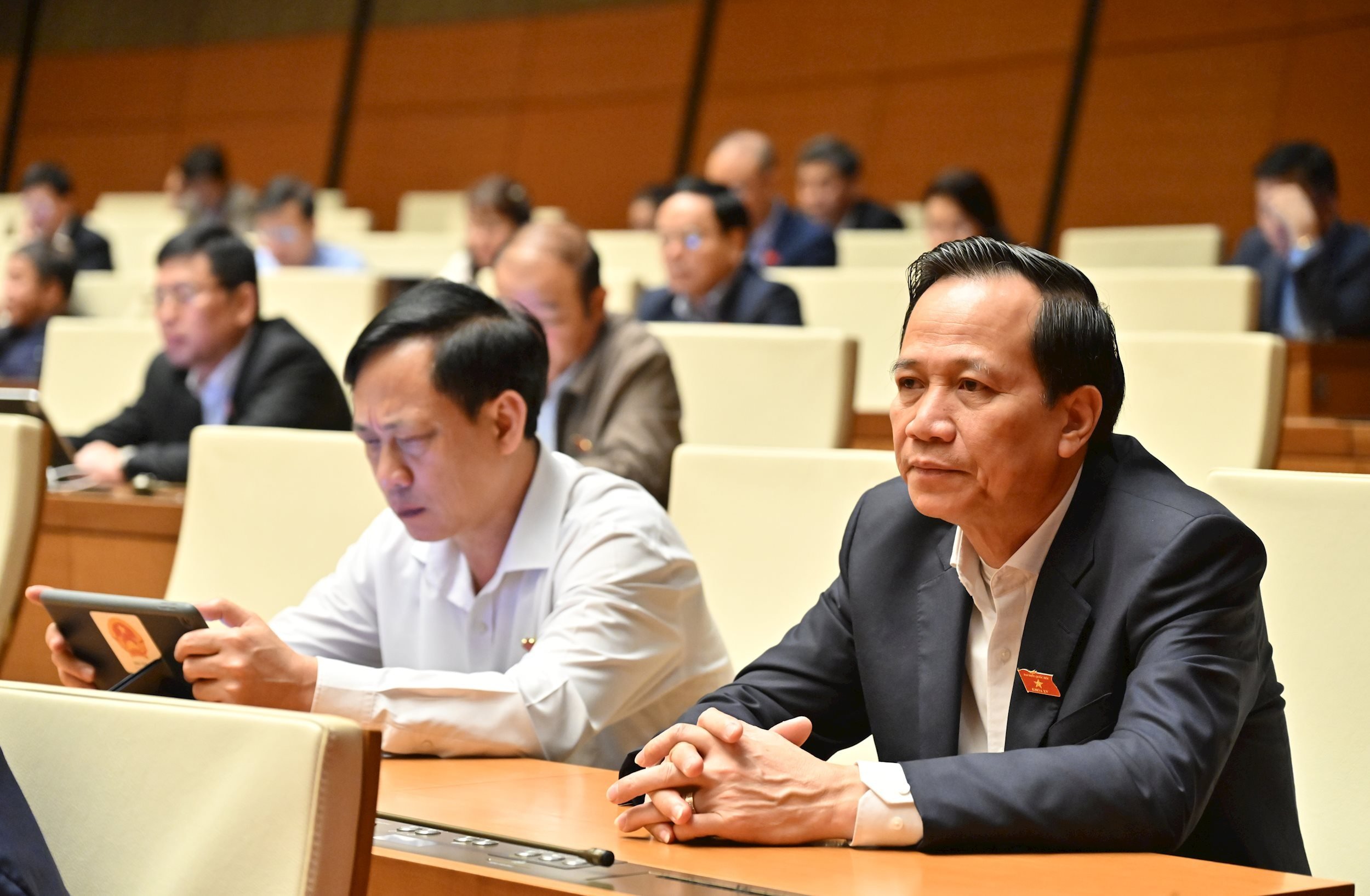
Livestream sellers are not allowed to provide false or misleading information about the uses, origin, quality, price, promotions, warranty policies and other content related to goods and services. Advertise correctly with the content of the advertisement that has been confirmed by the competent authority for goods and services that are required by law to confirm the advertisement content.
The Draft Law clearly stipulates that the owner of an e-commerce platform is a foreign organization or individual whose platform has a Vietnamese language option or uses the Vietnamese national domain name “.vn” or reaches the transaction threshold with buyers in Vietnam, must establish a legal entity in Vietnam. In case there are other provisions in an international treaty to which Vietnam is a member, the owner of the platform can choose one of two forms: establish a legal entity in Vietnam or appoint a legal entity in Vietnam under authorization to perform the legal responsibilities of the owner of the platform in accordance with the provisions of law.
Ensure clear boundaries of e-commerce with other industries and fields
Briefly presenting the Review Report, Chairman of the Economic and Financial Committee Phan Van Mai clearly agreed with the political basis, practical basis and the goal of continuing to perfect the legal framework on e-commerce as stated in Submission No. 1007/TTr-CP. The draft Law dossier meets the requirements as prescribed in Clause 3, Article 37 of the Law on Promulgation of Legal Documents.
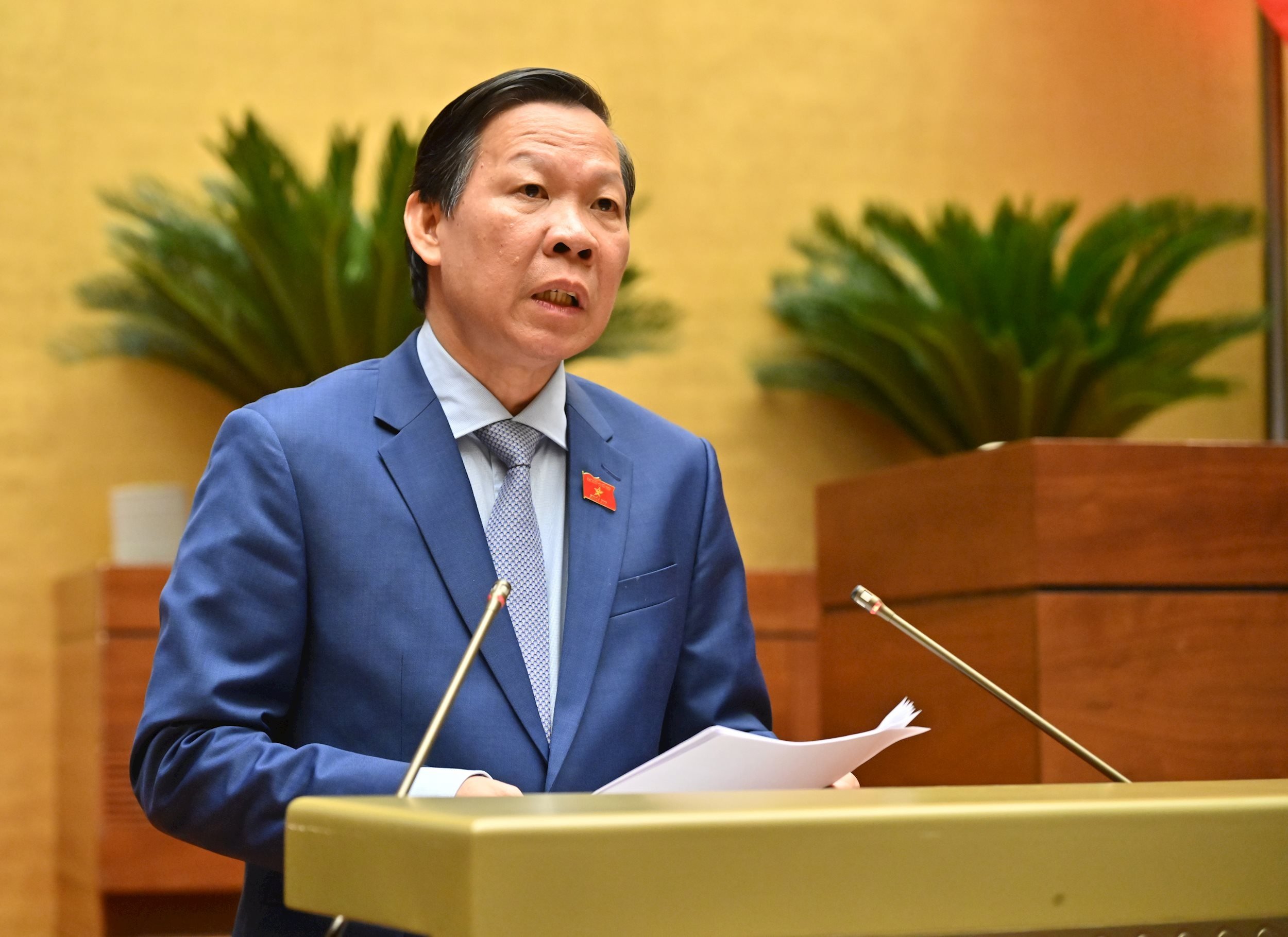
The Economic and Financial Committee also proposed to review the specific characteristics in the fields of insurance, distribution services, digital information content product release, radio and television services that are currently excluded from the provisions of the Government's Decree on e-commerce, and now implemented according to the provisions of the draft Law. The draft Law needs to clearly define which activities fall under the concept of "e-commerce activities" (which is being defined broadly) but are not regulated by this law because the provisions in other legal documents have ensured completeness.
And continue to review the provision of other services in the electronic environment, ensuring clear boundaries of e-commerce with other industries and fields, distinguishing it from related activities regulated by other laws, and linking it with specific and clear management goals.
Regarding the responsibility of managing e-commerce platforms (Articles 13 to 19), the Economic and Financial Committee recommends continuing to improve in the direction of ensuring rationality, feasibility, and suitability to the characteristics of each type of e-commerce platform, and the level of participation of the platform in the contract signing process performed on the platform.

For social networks operating e-commerce, it is recommended to review and clarify the scope of responsibility of the owner determined on the basis of having the function of placing online orders, livestreaming sales associated with placing orders through the online ordering function on the platform or having the feature of supporting payment services, logistics services (including forms of support integrated with the online communication function) on the platform to have regulations at an appropriate level.
Regarding livestream sales and affiliate marketing activities (Articles 20 to 24), it is recommended to provide clearer regulations on the aspects of these activities that are specifically regulated by the Law on E-commerce, and to distinguish them from general contents regulated by the Law on Network Information Security, Law on Cyber Security, Law on Advertising, and Law on Consumer Rights Protection.
Source: https://daibieunhandan.vn/tao-thuan-loi-phat-trien-cac-mo-hinh-thuong-mai-dien-tu-moi-10394096.html


![[Photo] General Secretary To Lam receives Singaporean Ambassador Jaya Ratnam](https://vphoto.vietnam.vn/thumb/1200x675/vietnam/resource/IMAGE/2025/11/03/1762171461424_a1-bnd-5309-9100-jpg.webp)
![[Photo] Lam Dong: Close-up of illegal lake with broken wall](https://vphoto.vietnam.vn/thumb/1200x675/vietnam/resource/IMAGE/2025/11/03/1762166057849_a5018a8dcbd5478b1ec4-jpg.webp)
![[Photo] Fall Fair 2025 and impressive records](https://vphoto.vietnam.vn/thumb/1200x675/vietnam/resource/IMAGE/2025/11/03/1762180761230_ndo_br_tk-hcmt-15-jpg.webp)

![[Photo] Prime Minister Pham Minh Chinh receives the Chairman of the Japan-Vietnam Friendship Association in the Kansai region](https://vphoto.vietnam.vn/thumb/1200x675/vietnam/resource/IMAGE/2025/11/03/1762176259003_ndo_br_dsc-9224-jpg.webp)

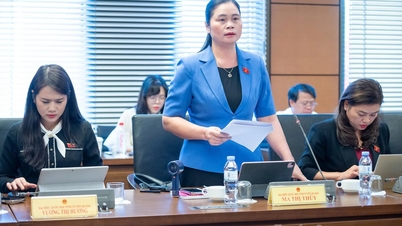


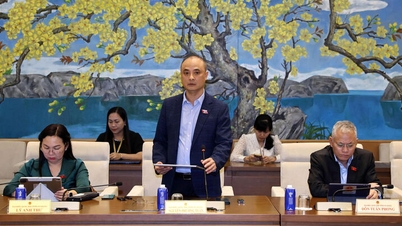

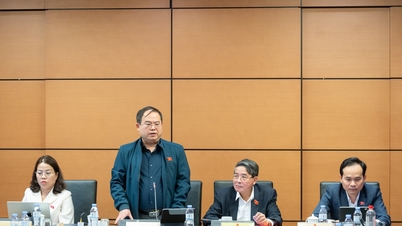
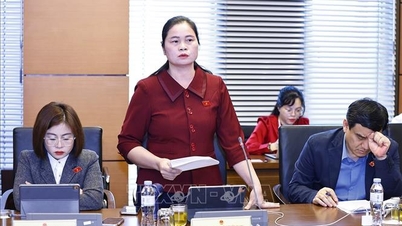



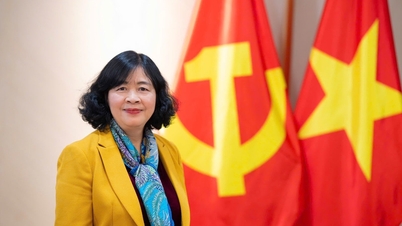




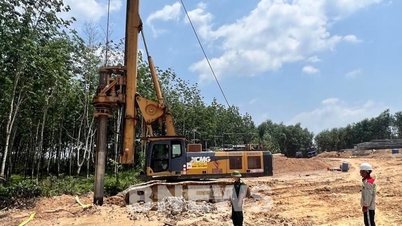
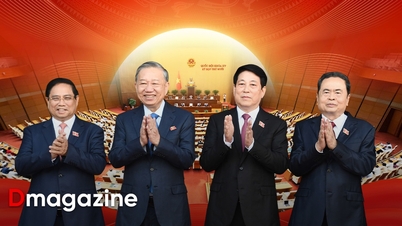











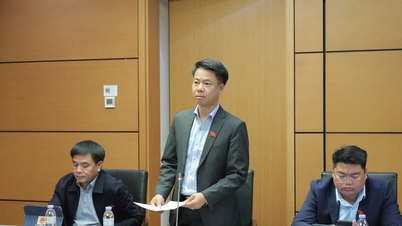


























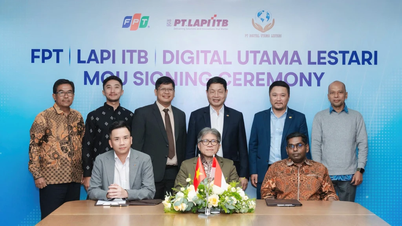




















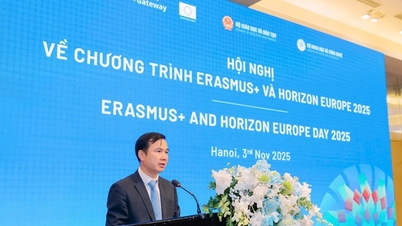

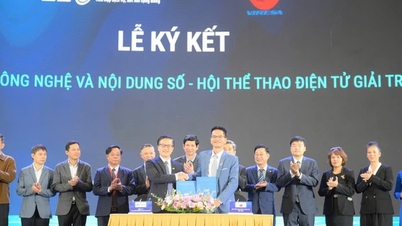






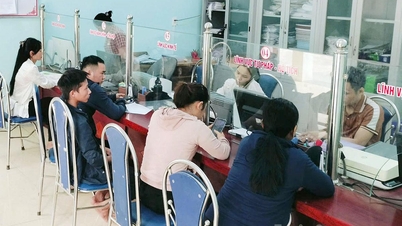
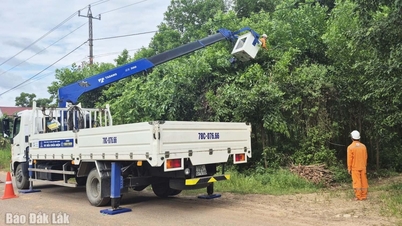


















Comment (0)